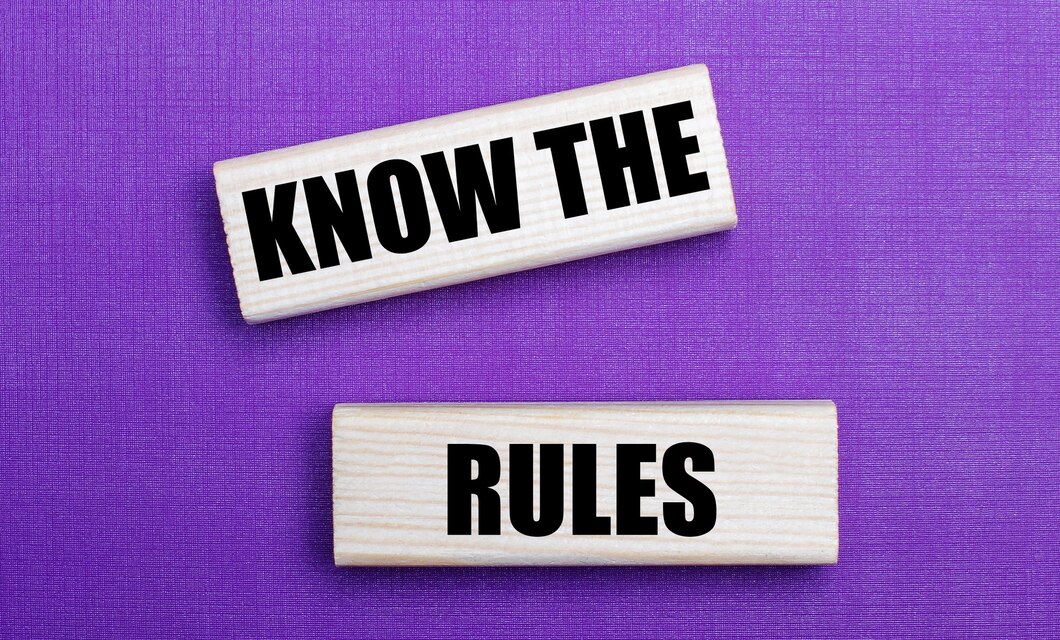Few people are aware of the proper usage of capitalization in titles. In actuality, the bulk of individuals follows the rules of those who lack the knowledge themselves. Capitalizing every word or capitalizing terms with three or more letters are typically the two ways this is done.
You can typically get away with such transgressions when it comes to blog articles and internal workplace communications, partly because people in the know don’t always point out your mistakes. But wouldn’t you rather learn the reality? Why not champion correct titling instead of committing capitalization crimes? Now is your chance to correct any faulty grammar and discover for good which words belong in titles.
Capitalize the First and Last Words of the Title
The first and last words of a title should always be capitalized, regardless of their part of speech. This rule applies to all titles, including book titles, article titles, and headlines.
Example: The Great Gatsby
Capitalize Nouns, Pronouns, Adjectives, Verbs, and Adverbs
In addition to the first and last words, all important words in a title should be capitalized. Important words include nouns, pronouns, adjectives, verbs, and adverbs. Prepositions, conjunctions, and articles are not considered important words and should not be capitalized unless they are the first or last words of the title.
Example: The Catcher in the Rye
Capitalize the First Word after a Colon
If a title includes a colon, capitalize the first word after the colon. However, only capitalize the first word after a colon if it is a noun, pronoun, adjective, verb, or adverb.
Example: Harry Potter and the Philosopher’s Stone: The Magic Begins
Do Not Capitalize Prepositions, Conjunctions, and Articles
As mentioned earlier, prepositions, conjunctions, and articles are not considered important words in a title. Therefore, they should not be capitalized unless they are the first or last words of the title.
Example: A Tale of Two Cities
Capitalize Hyphenated Words
When a title includes a hyphenated word, capitalize both words.
Example: Angels and Demons
Capitalize Proper Nouns and Proper Adjectives
Proper nouns and proper adjectives, which refer to specific people, places, and things, should always be Capitalization Titles.
Example: Pride and Prejudice
Capitalize Acronyms and Initialisms
When a title includes an acronym or initialism, capitalize all letters.
Example: NASA’s Mission to Mars
Capitalize the First Word of a Sentence
The first word of a sentence in a title should always be capitalized.
Example: To Kill a Mockingbird
Conclusion
In conclusion, the Capitalization of Titles plays a crucial role in the appearance and readability of titles in any written material. By following these rules, writers can ensure that their titles are appropriately capitalized and easy to read. Remember to capitalize the first and last words of the title, important words such as nouns, pronouns, adjectives, verbs, and adverbs, the first word after a colon, hyphenated words, proper nouns and proper adjectives, acronyms and initialisms, and the first word of a sentence. By understanding these rules, writers can create titles that are professional, effective, and engaging.

Mary Burns is a dedicated writer focusing on health and fitness topics. With a passion for promoting wellness and vitality, Mary shares her knowledge and expertise through engaging and informative blog posts.




